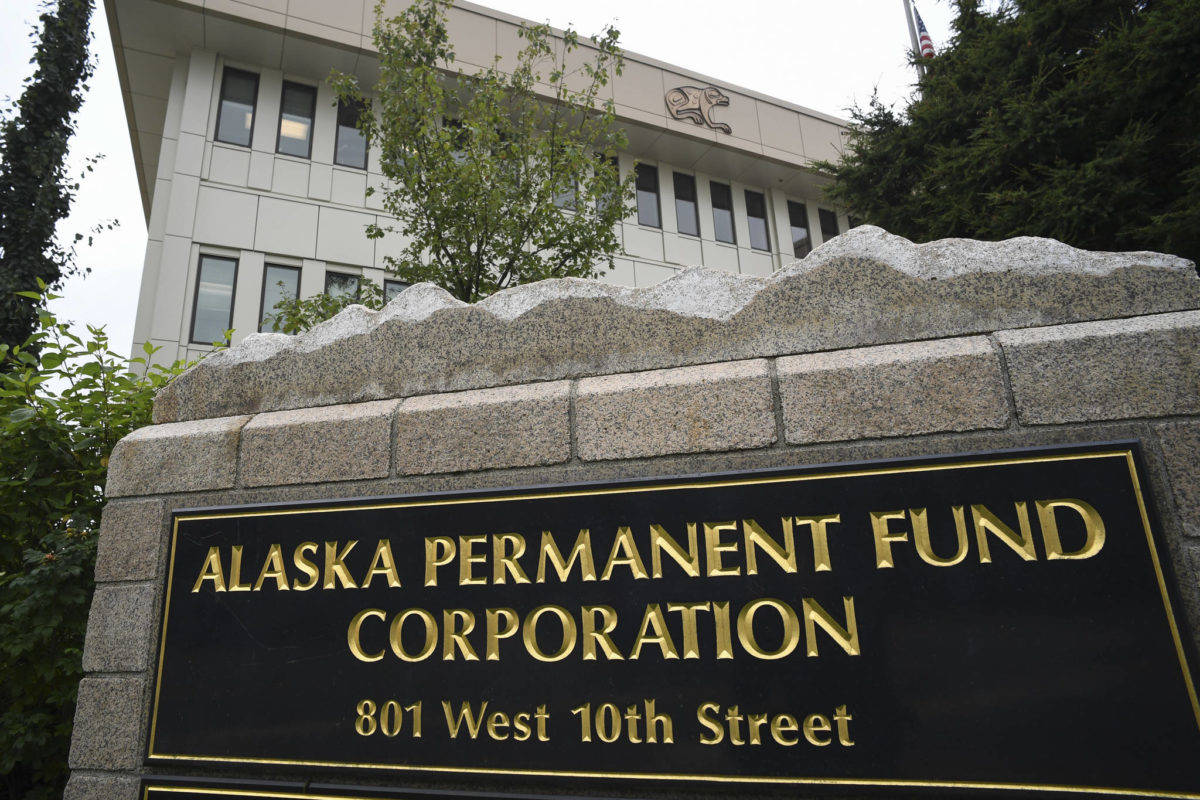The conflict whether the Permanent Fund was an entitlement versus a Rainy-Day-Account was in full force when Senator Jerry Mackie was in the Legislature (1997-2000). He proposed to liquidate the fund and equally distribute the money to all eligible residents. Many were opposed, but it may have merit today.
We have never resolved just what the Permanent Fund is: an entitlement representing each resident’s fair share of the owner-state oil wealth, or a rainy-day savings account to pay for government when it’s prudent. While there are historic rationales to support either position, it really does not matter. Failure to resolve this conflict over decades has allowed entrenched public perceptions to evolve. So today the political environment is ripe for a public referendum to explicitly express the will of the people today. What are our options?
The Whacky Mackie plan would liquidate the Permanent Fund and distribute about $88,000 to each eligible resident. A second alternative is to operate the fund for the sole purpose of paying out annual dividends — inflation proof the principal and limit the drawdown to pay for dividends at 4% of market value.
The obvious benefit of an entitlement option is that our oil wealth is equally shared by the owner-state. However, it also exacerbates our long-standing budget deficits and a Constitutional responsibility to share funds with communities (revenue sharing). Our Constitutional framers explicitly recognized that remote local governments had insufficient tax bases (property and/or sale taxes) to provide for essential infrastructure, other services such as quality education and to fulfill contract obligations — such as retirement benefits. These are still very relevant issues, and an entitlement solution will result in greater state and local government cuts — even with new state income taxes.
Alternatively, if a public referendum opts for the Rainy Day Account, there are equally messy decisions that have been unresolved for decades: the allocation to dividends versus running state government, and the state’s responsibility to share revenue with communities. However, the overarching issue is that the public wants more government benefits than what the recurring revenues can provide. Furthermore, the public does not want to deplete of our last saving account. The public’s reaction to crippling the Alaska Marine Highway System and the recall effort are perfect examples.
Gov. Mike Dunleavy has inherited a complex problem but only offers simple solutions, i.e., like a family re-balancing their budget due to lost income. This is why a public referendum is needed to break the gridlock/stonewalling. The complexity lies in how to collectively prioritize just what we want from all levels of government and then to prioritize all the sources of revenues, i.e., oil taxes, mining severance taxes, property taxes, sale taxes, income taxes, corporate income taxes, tourism head taxes, grants, fees, licenses, etc.
Former Gov. Bill Walker made an honest attempt to put all fiscal options on the table and invited the public’s advice. In contrast, Dunleavy has obfuscated the issue for two years in a row. Last year he artificially constrained the budget alternatives to create unnecessary tradeoffs and forced false choices. This year, rather than identifying new sources of revenue to pay for services, he wants to simply deplete the last savings account.
Consistent with his budget strategy, the governor is embracing a closed, heavy handed style of governing. One that strangles government regardless of the benefits, breaks unions, opposes vital environmental protection, and transfers tax burdens no matter unfair.
If left unchecked, Dunleavy will take us back from an owner-state to a corporate-colony-state. This is not unlike what the Koch network/The Heritage Foundation/American for Prosperity worked hard for in Wisconsin and North Carolina. The governor’s non-transparent support for the Pebble mine, his opposition to restoring fair oil taxation, and his association with The Heritage Foundation are just a few clues apparent at the surface.
I urge all to support a referendum on the Permanent Fund since the Legislature has failed again — and to sign the next recall petition.
• Joe Mehrkens is a retired forest economist, residing in Juneau and Petersburg. Columns, My Turns and Letters to the Editor represent the view of the author, not the view of the Juneau Empire.

